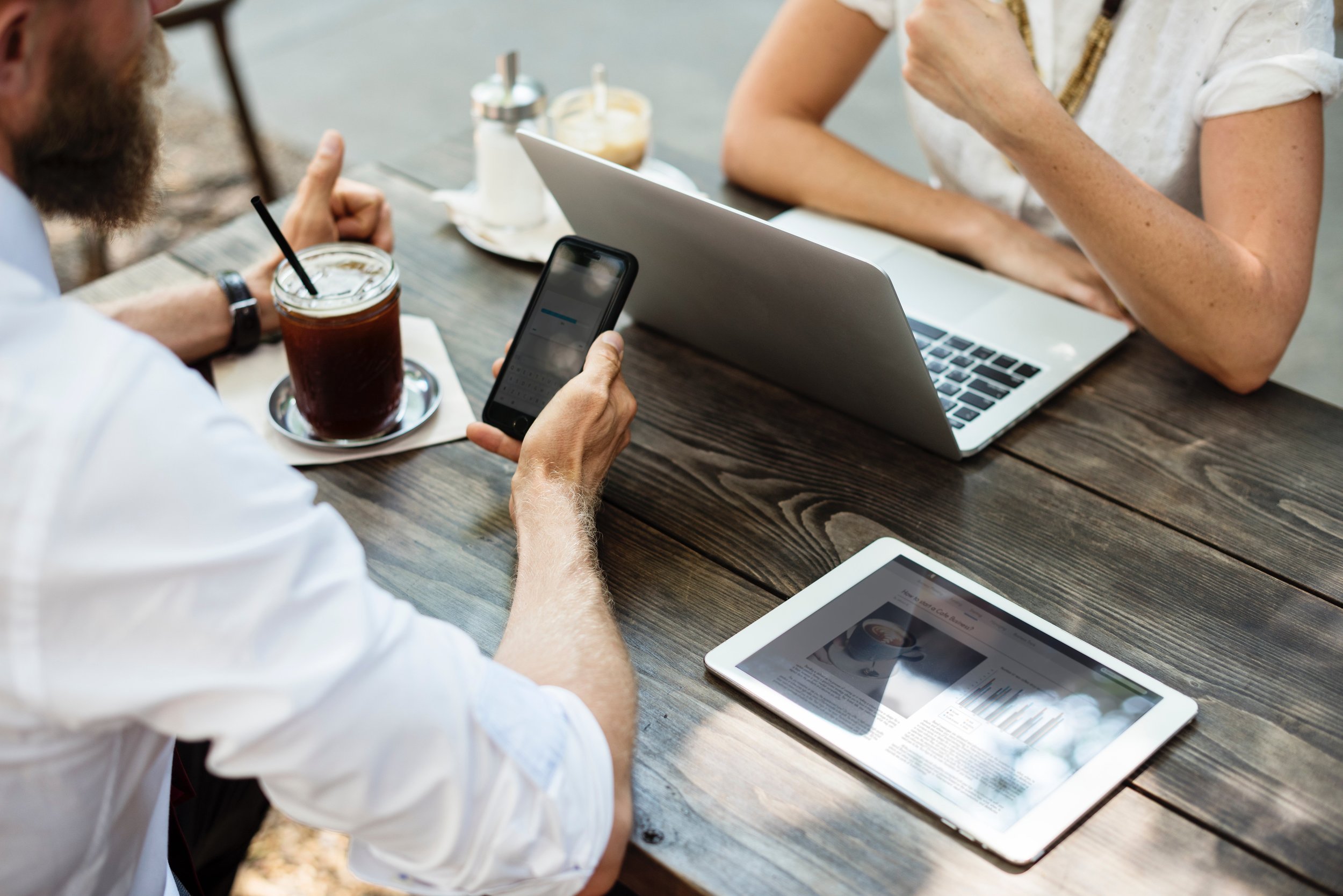Around the world today you can rarely find a café, hotel or airport without access to a public Wi-Fi network. More than ever we have internet access whenever and wherever we need it. Unfortunately, public Wi-Fi does come with a catch.
Is Your Disaster Recovery Up To Date?
Are Your Business Processes a Target For Scammers?
5 Public Cloud Myths Exposed
Our Top 6 Internet Safety Guidelines
We have all heard stories about people being held to ransom by their own computer, an identity being stolen online, or even credit card information and passwords being stolen. Many of these occurrences can be traced back to the end user not being diligent when opening emails, clicking on links, downloading files etc.

So here are our top 6 rules when browsing online:
Keep your personal information private
Personal information in the public domain can be used against you maliciously in a multitude of ways – the best way to avoid this is keep your personal information offline.
Ensure privacy settings are switched on
To further ensure information isn’t unintentionally gleamed from you; ensure that you enable privacy settings on web browsers, social media, etc. as some sites will try and gleam as much information as possible, whether for marketing or to sell on. This includes when they ask you to opt in - seriously consider what information you might be allowing even reputed sites to take.
Maintain safe browsing habits
If it sounds to good to be true, it probably is. It’s very commonplace for a tempting offer, a link to something that sounds very appealing or a notification that you’ve won a competition. One unthought-out click could expose your data or even put malware onto your device.
Ensure you are using a secure internet connection or WiFi network
As we discussed in our article Is Public WIFI Worth the Risk?, using a public WiFi network opens you up to all sorts of vulnerabilities as you can’t tell where your data is being routed. We strongly recommend not using any personal information or login credentials when connected to an unknown or public WiFi.
Be careful what you download
The easiest way for a cybercriminal to get a virus or malware onto a targets PC is for them to voluntarily download it. When you are downloading from the internet, make sure you are getting it from the provider’s webpage and from a site that you trust.
Maintain strong passwords
One of the biggest vulnerabilities and typically an easy target for those with malicious intent, is the end-user’s password. People tend to use passwords that are easy to remember, and typically easy to guess (or brute force). We suggest using at least a 10-character password and a combination of letters, numbers and characters. It is also common to use a password manager, which can generate a password of varying complexities for all websites, using one master password for the password manager. Obviously, it is crucial to use a very complicated password for the manager as it is a single point of failure, and enable two factor authentication wherever possible.
For more information regarding internet safety and how you can better protect your information, get in contact with one of our team members.
Is Public Wi-Fi Worth The Risk?
Is Public Wi-Fi worth the risk?
Around the world today you can rarely find a café, hotel or airport without access to a public Wi-Fi network. More than ever we have internet access whenever and wherever we need it.
Unfortunately, public Wi-Fi does come with a catch – data sent over a public Wi-Fi connection provides an easy way for individuals with malicious intent to capture the data you send and track everything you do. Using specialised software whilst connected to the same networks allows access to the information you send, like someone eavesdropping on a conversation in a public place.

Surveys have shown that 83% of Australians have taken risks on-line when using Public Wi-Fi and an astounding 30% of Australians have used on-line banking over a Public Wi-Fi connection.
You should also be extra vigilant when connecting to these public hotspots, ensuring they are legitimate for the café or hotel you are in. It is not uncommon for an attacker to have a phishing hotspot setup with a similar or identical name.
Things to consider if you intend to utilise public hotspots
Use a VPN (Virtual Private Network) - to connect and secure your data. A VPN allows you to create a secure connection to another network over the internet and can shield your browsing activity and transferred data (usernames and passwords) from any malicious monitoring.
Refrain from visiting any sites which require a login with username and password, especially banking, email accounts and social media. Accessing these types of sites over a public network opens you up to potential issues which may only surface months later.
When setting up your laptop or workstation in a public area, take note to face your laptop screen away from any potential prying eyes, and monitor your surroundings over time to ensure you are the only one watching what you’re doing.
For more information on Public Wifi's and web VPN's, get in touch with one of our highly experienced staff today.






